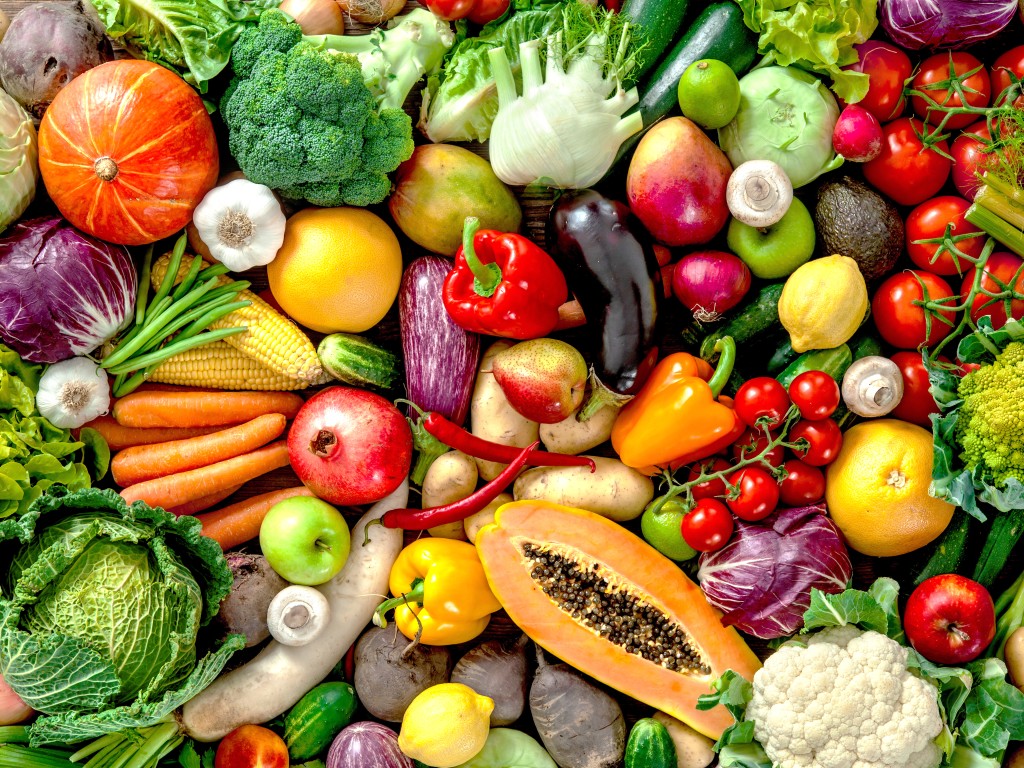SCOPE: Shelf-life Control, Optimized Pricing, and Excess Redistribution

One-third of all food produced for human consumption is lost, while 10% of the EU population cannot afford a decent meal every day. In the Netherlands, approximately 180,000 people per year are dependent on food aid. However, declining food donations are putting this aid under pressure. Some of the food discarded by the food industry is not saleable but is still edible if redistributed in time. Food surpluses are not only an ethical problem but also undesirable from an economic and sustainability perspective.
The SCOPE project focuses specifically on reducing food waste in the B2B chain through a system-oriented approach supported by mathematical models. The project analyzes real-world cases from a food processor, wholesaler, and food banks. Mathematical models (including machine learning and artificial intelligence (AI)) and data-driven research are used to better align supply and demand. To this end, prediction models and planning models are being developed. Solutions are being investigated that enable B2B companies to reduce surplus food through better agreements on shelf life, pricing, and redistribution of food. Food banks are determining how they can make better use of food donations by better coordinating the collection and distribution of food.
The expected results of the project include a reduction in food waste at the participating companies. To this end, models will be delivered that provide insights into how to improve planning in food supply chains. Examples of concrete outcomes include resolving logistical bottlenecks and optimizing pricing and inventory strategies that both reduce food waste and improve profitability. Food banks will gain more insight into how they can make better use of food donations through better coordination between the receipt and distribution of food donations.
The consortium consists of a mix of academic institutions, industry partners, a business platform, and food banks. The academic parties contribute expertise in applied mathematics (econometrics and operations research) and supply chain optimization. The industry partners and food banks provide access to food networks and practical experience in the sector. This collaboration ensures that the research results are directly applicable in practice, which increases the impact of the project.